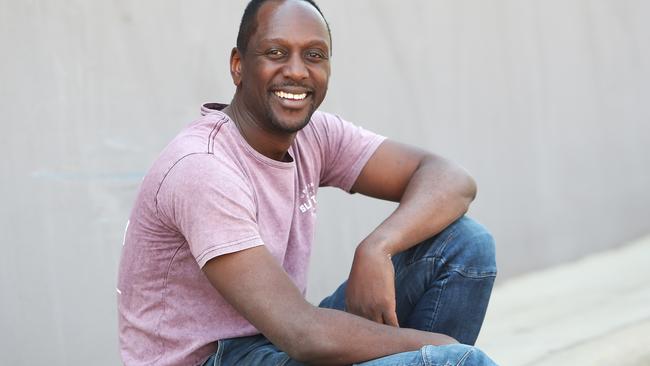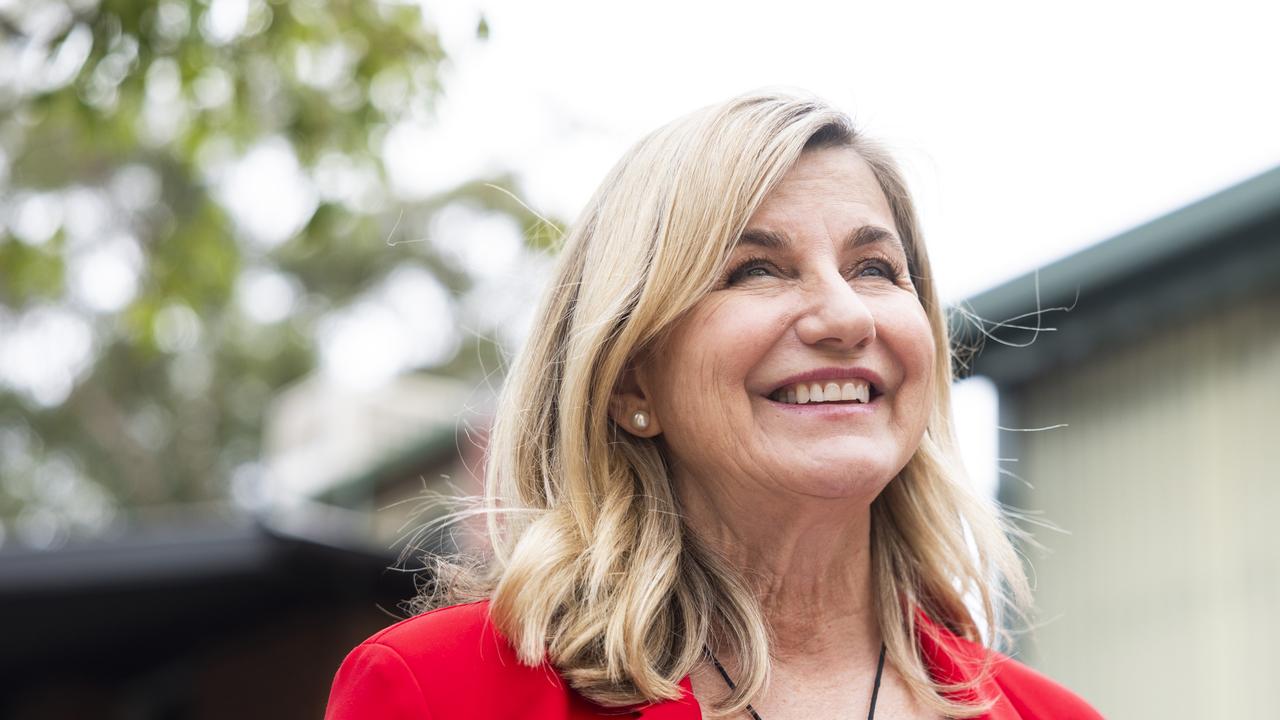One quarter of Australians face ‘major discrimination’ weekly, report reveals
Nearly one in four Australians regularly strike prejudice such as being denied a job or a bank loan.

The Inclusive Australia Measuring Social Inclusion report warns a lack of contact with people from different walks of life is the main driver of prejudice and discrimination, with nearly 40 per cent of Australians admitting they either "never" or "less than once a year" interact with an Aboriginal or Torres Strait Islander person or someone from a religious minority.
“The groups that report experiencing the most discrimination are … young people (18-24), LGBTI people, racial minorities, Aboriginal and Torres Strait Islander people, and people with disability,” the study, based on survey responses of around 6000 people, says.
READ MORE: Law ‘section 18C on steroids’ | Racist bullying, discrimination in schools ‘confronting’ |
So-called “everyday discrimination” such as being treated with less courtesy, receiving a lower standard of service or being called derogatory names spiked in the last 12 months for Aboriginal and Torres Strait Islander people, from 30 per cent in December 2017 to 54 per cent in December last year, it finds.
Monash University research fellow and the report’s author Nicholas Faulkner says discrimination has a significant effect on people’s wellbeing.
“It also lowers their identification with Australia. They don’t feel Australian, and this means the discrimination might be harming the social fabric of Australia,” Dr Faulkner says.
‘Do you have black blood?’
Forty-three year old Canberra resident Francis Owusu knows the impact of prejudice and has determined to do something about it. Born in Australia with Ghanaian heritage, he said the racism he endured as a child was crushing.
“At primary school, kids would ask me ‘Do you have black blood?’, or “Is your skin chocolate?’. My family would go to the shops and people would stare. They wouldn’t come near us. I’d say to my mum “Why can’t I be like everybody else?,” Mr Owusu said.
His early experiences prompted him as an adult to turn his love of dance and music into a program to help young people find pride in their culture. As hard as he works to break down prejudice through his work, he still experiences it regularly.
“We are more open as a society, but a lot of stuff is still there under the surface. I was in business class on a recent flight, dressed casually in jeans and a hoodie, and the attendant asked to see my ticket. She didn’t ask anyone else. It does take you back to your experiences as a child,” he says.
‘Highly prejudiced’
The study also finds more than one in four Australians would be considered “highly prejudiced” based on their responses.
“Prejudice in the Australian community is highest against religious minorities, racial minorities and Aboriginal and Torres Strait Islanders,” the report says. “Approximately one in four people are highly prejudiced …. against religious minorities (27 per cent), racial minorities (27 per cent) and Aboriginal and Torres Strait Islander people (25 per cent).”
The study measures prejudice using a validated set of survey questions, asking how much people agree or disagree with propositions like “If indigenous Australians would only try harder they could be as well off as other Australian people”, or “Women are too easily offended”. People who moderately or strongly agreed with the statements are deemed highly prejudiced.




To join the conversation, please log in. Don't have an account? Register
Join the conversation, you are commenting as Logout